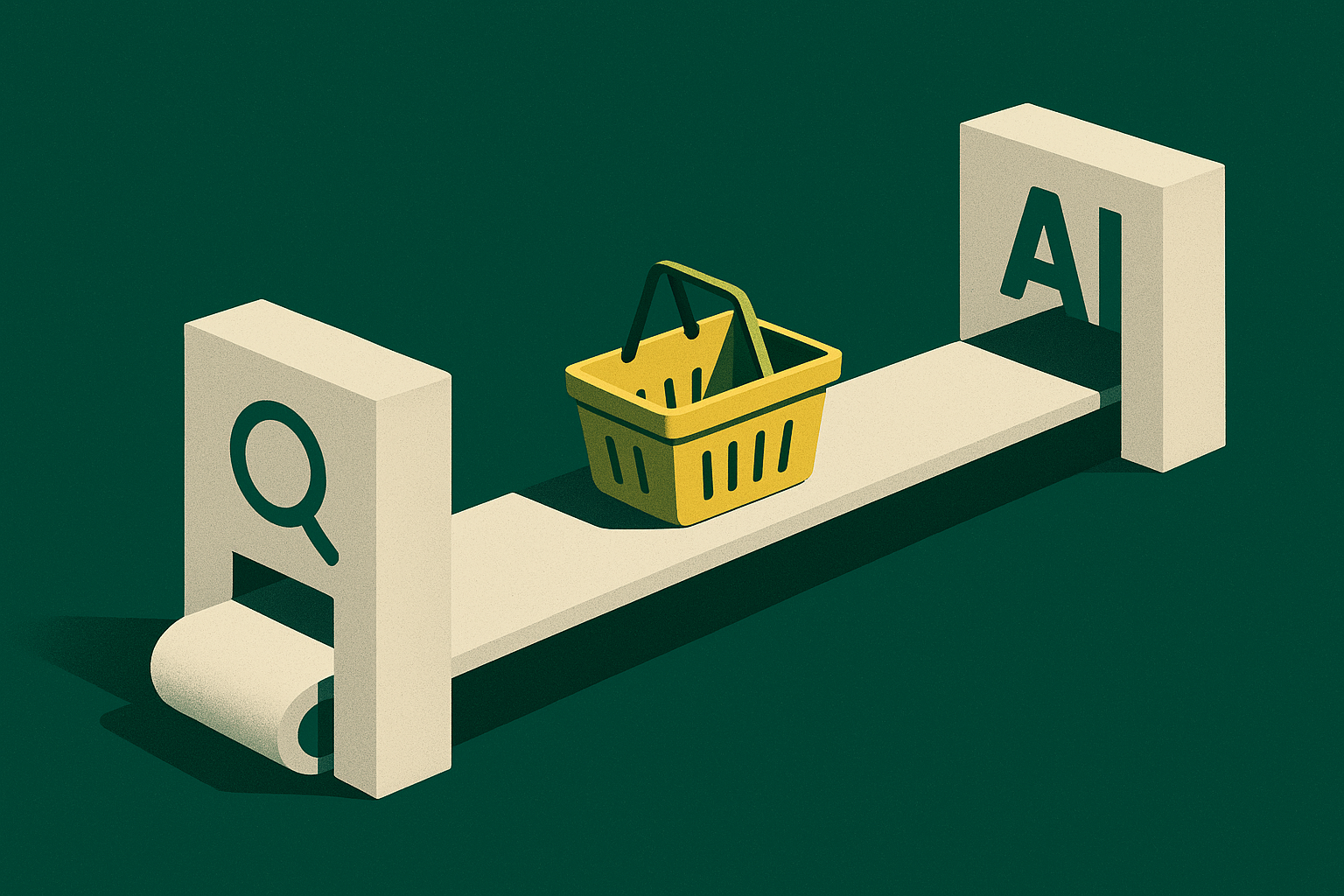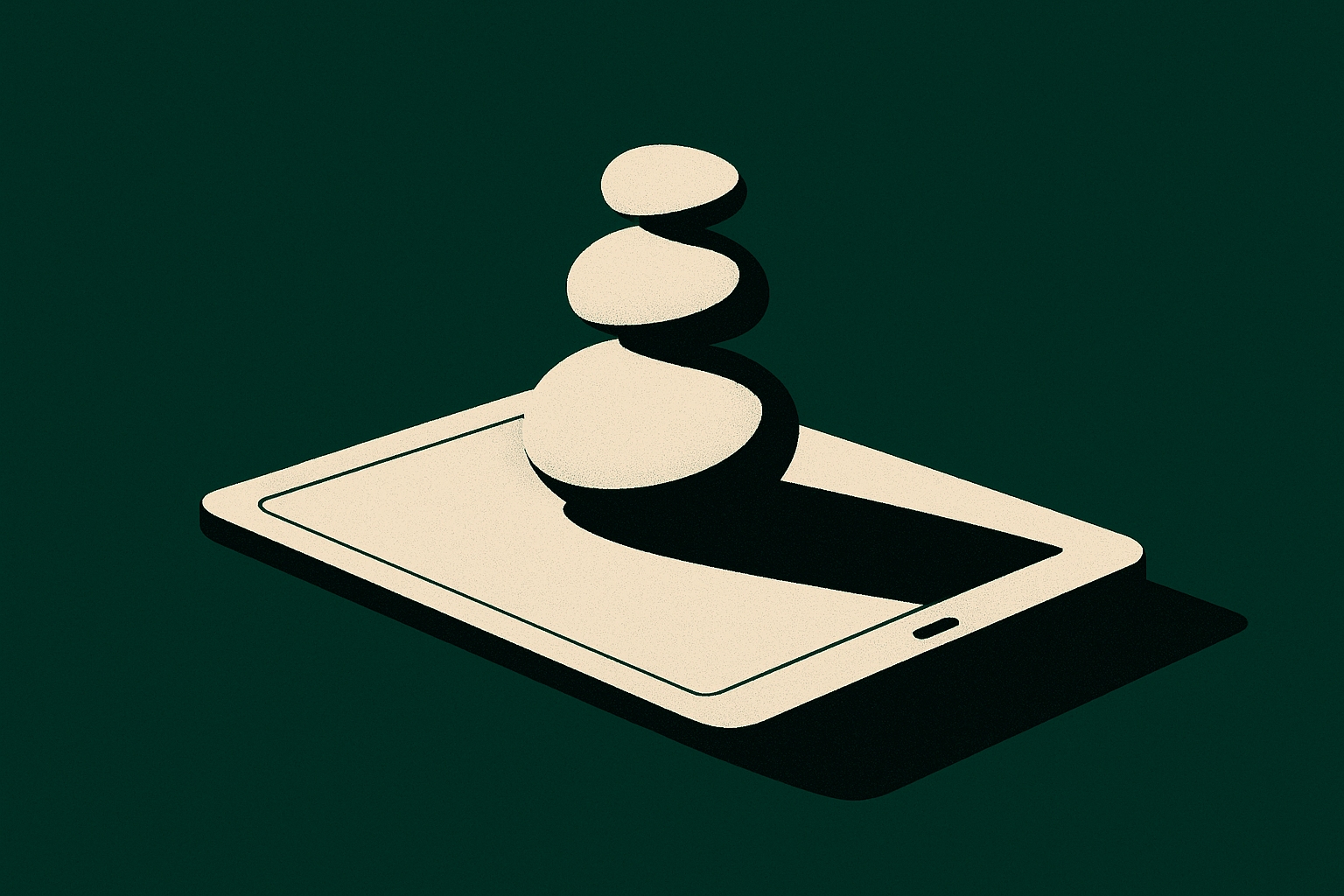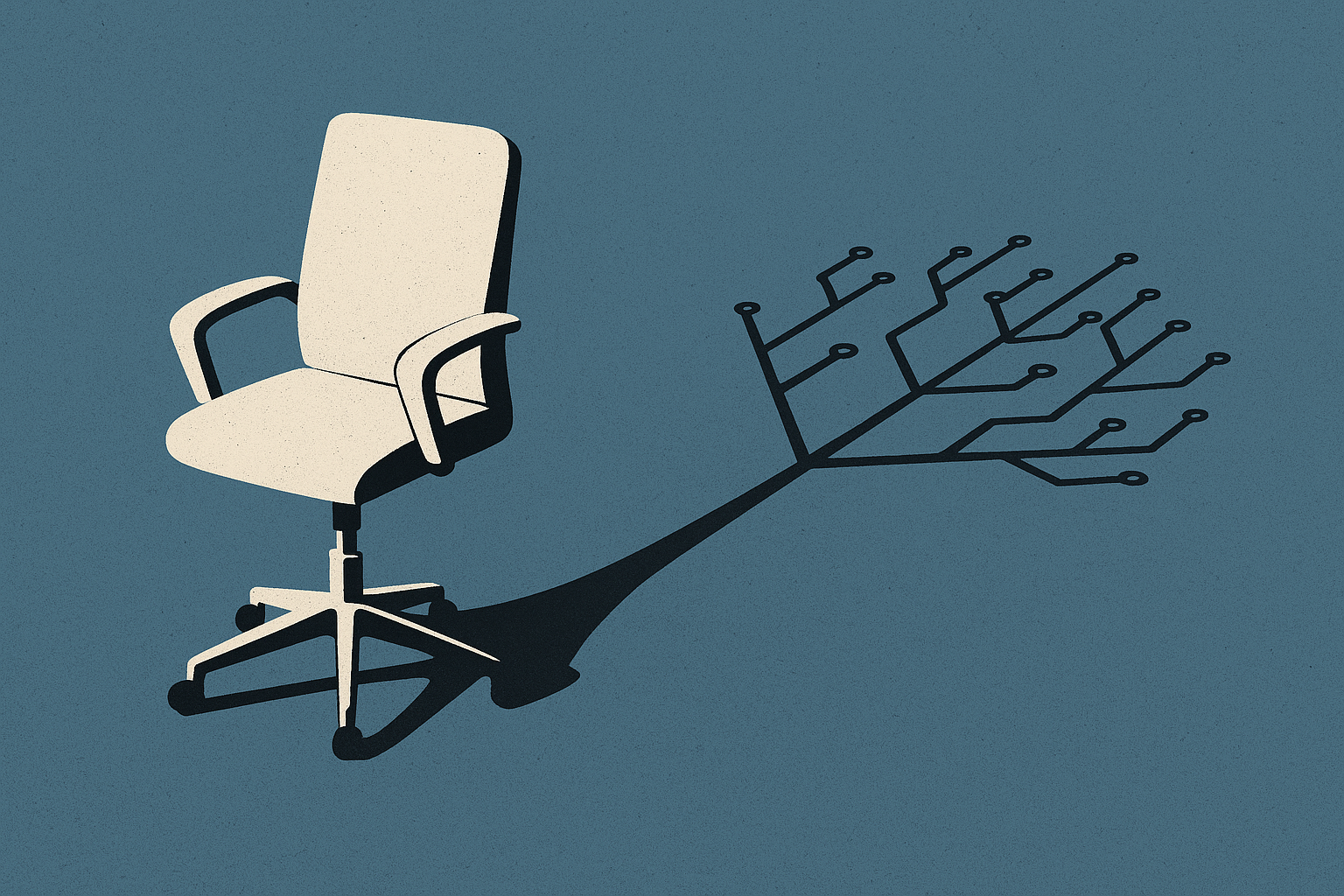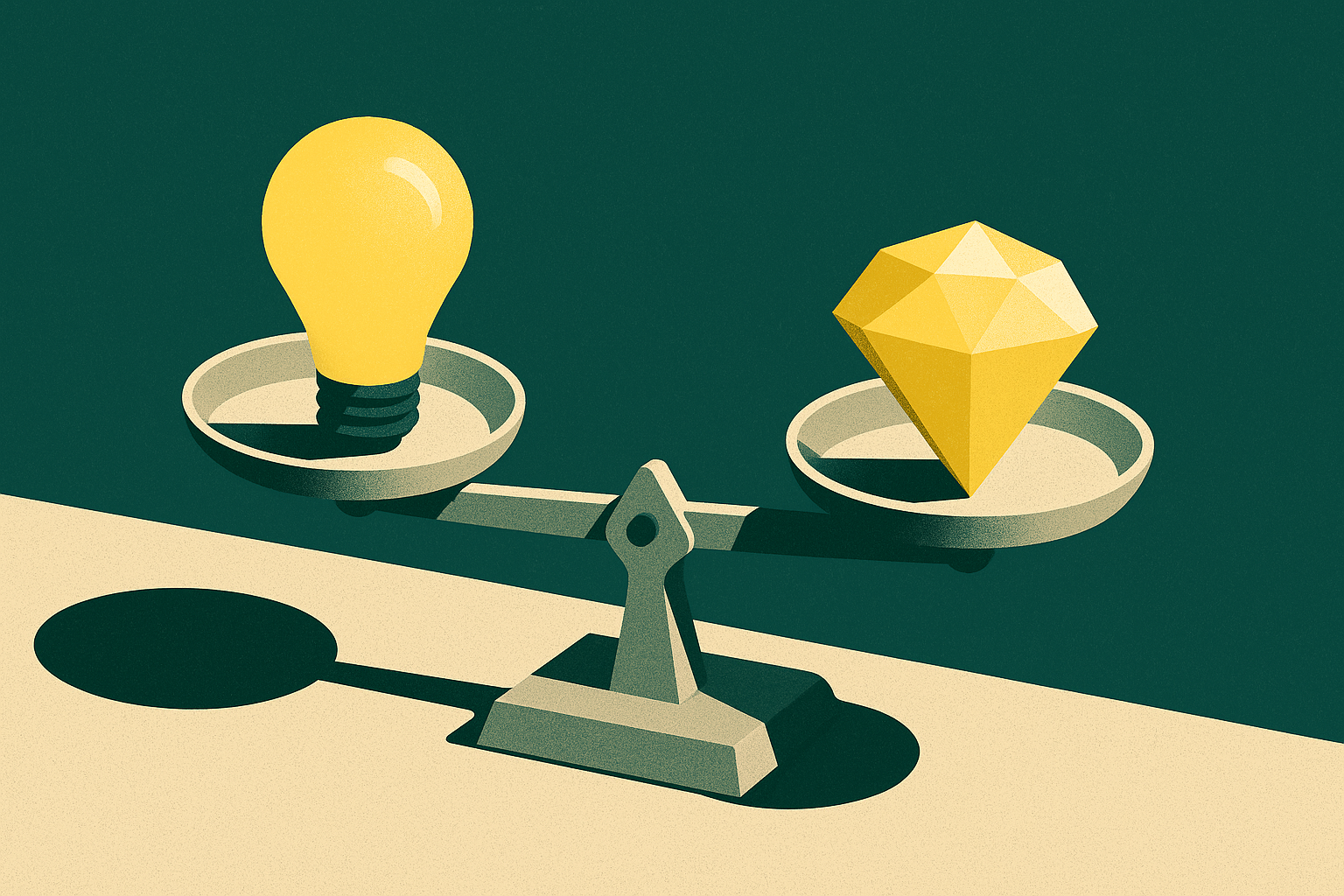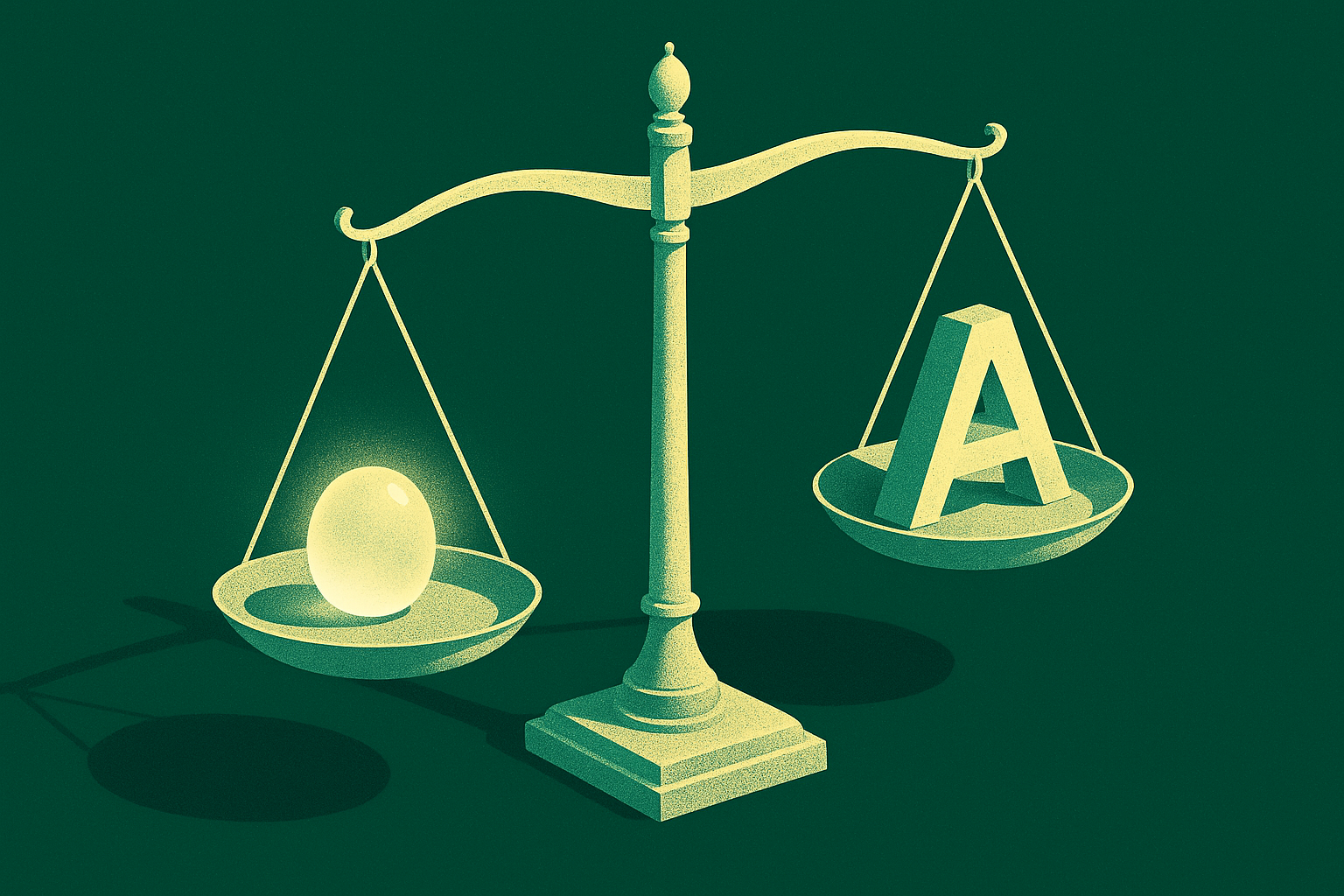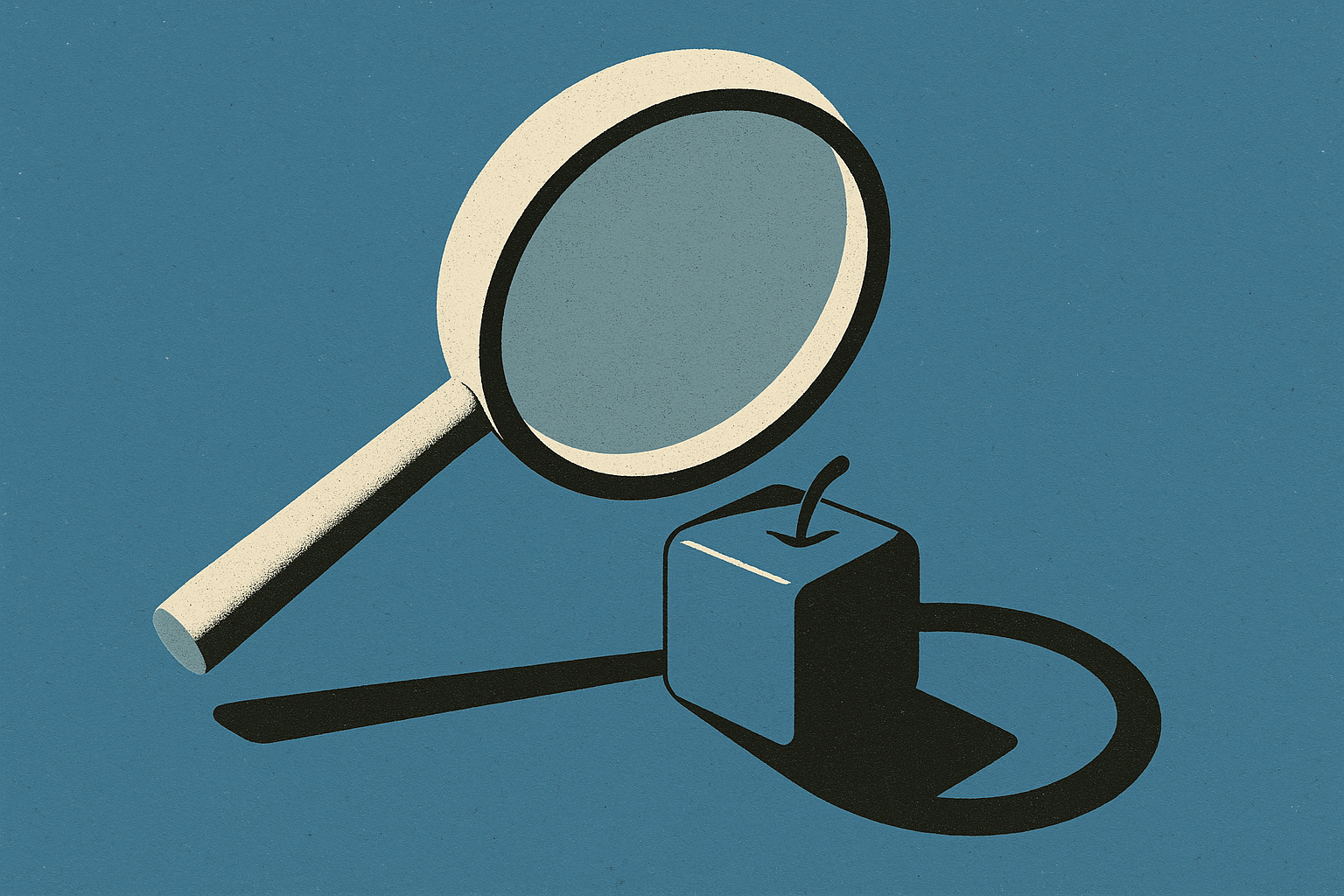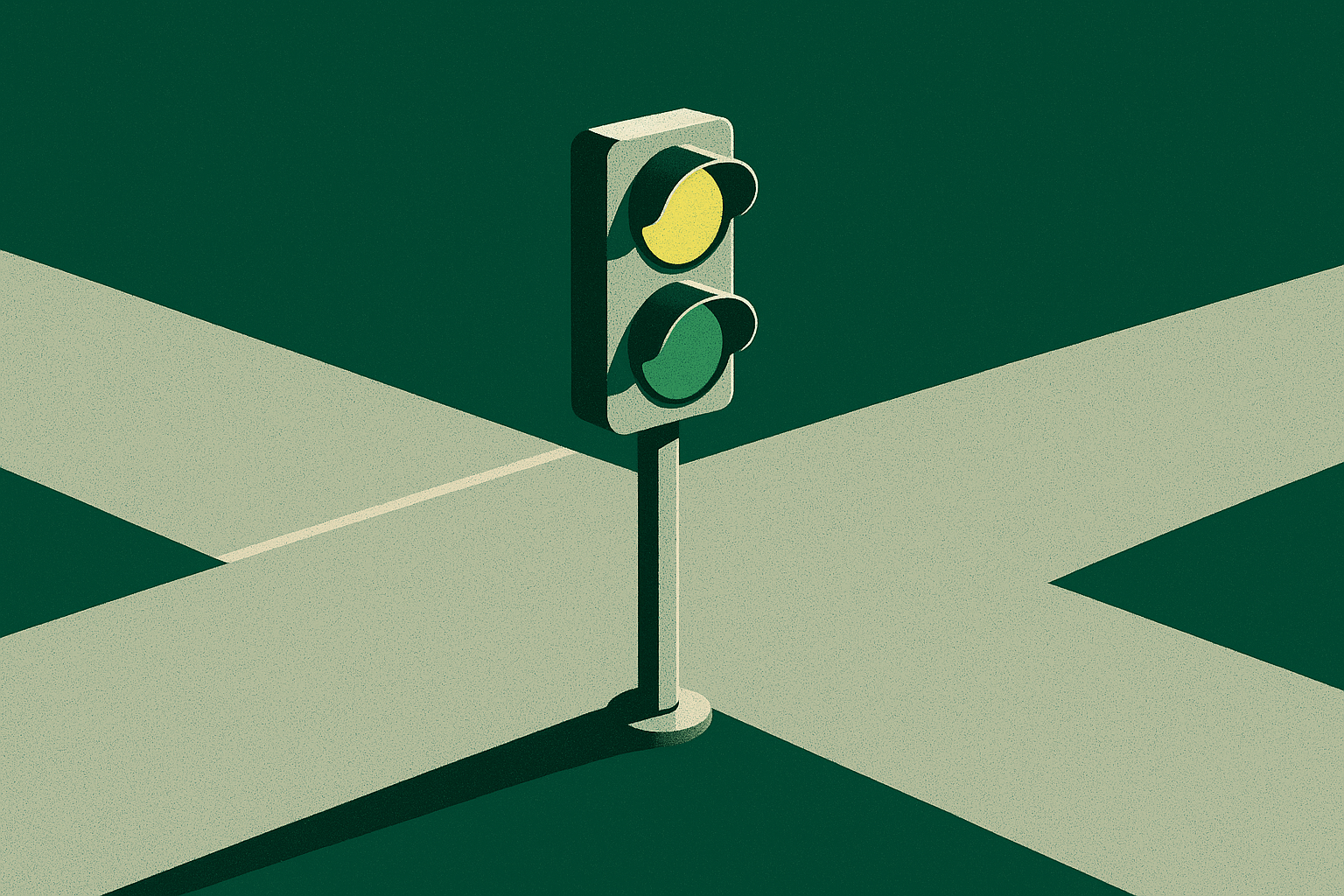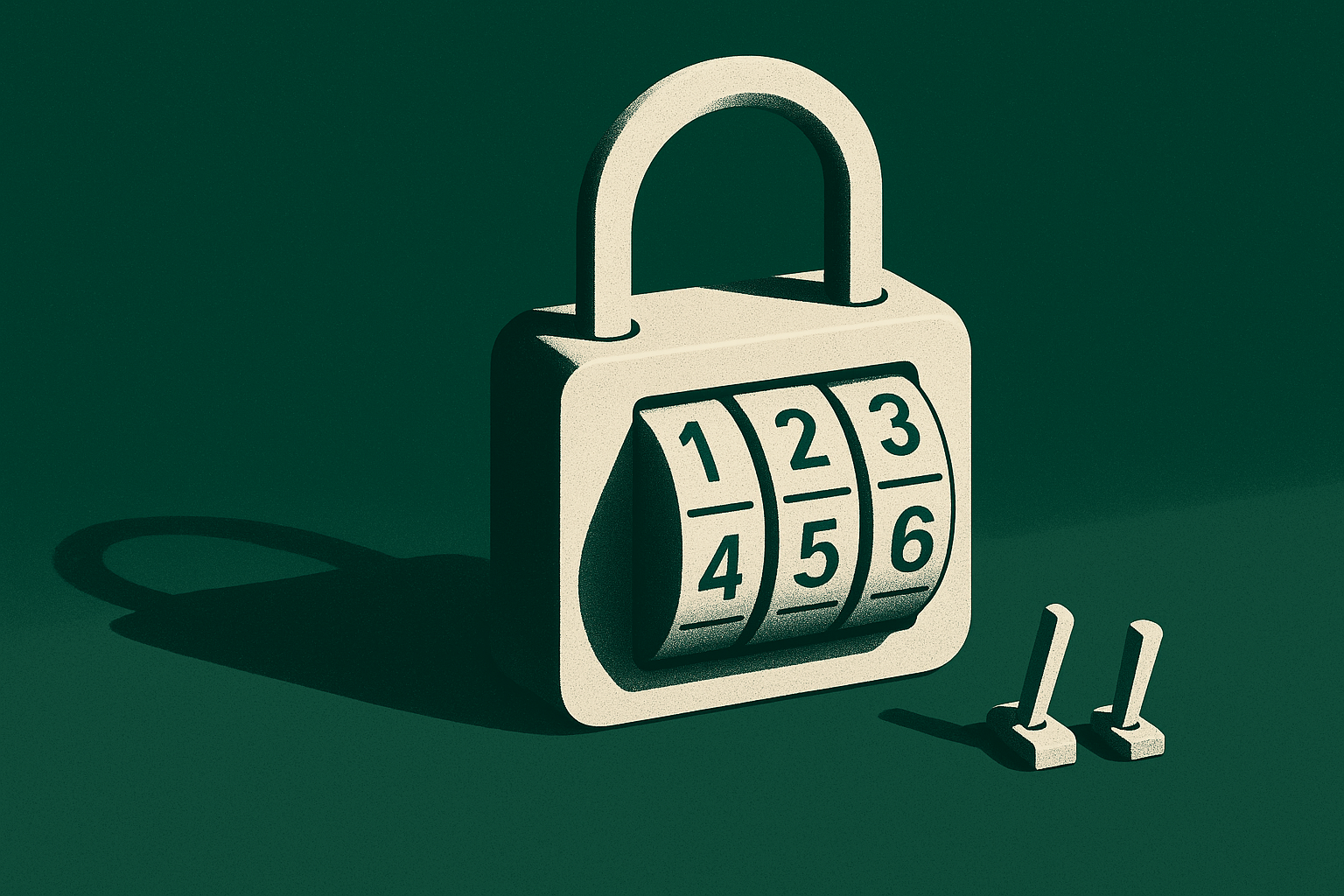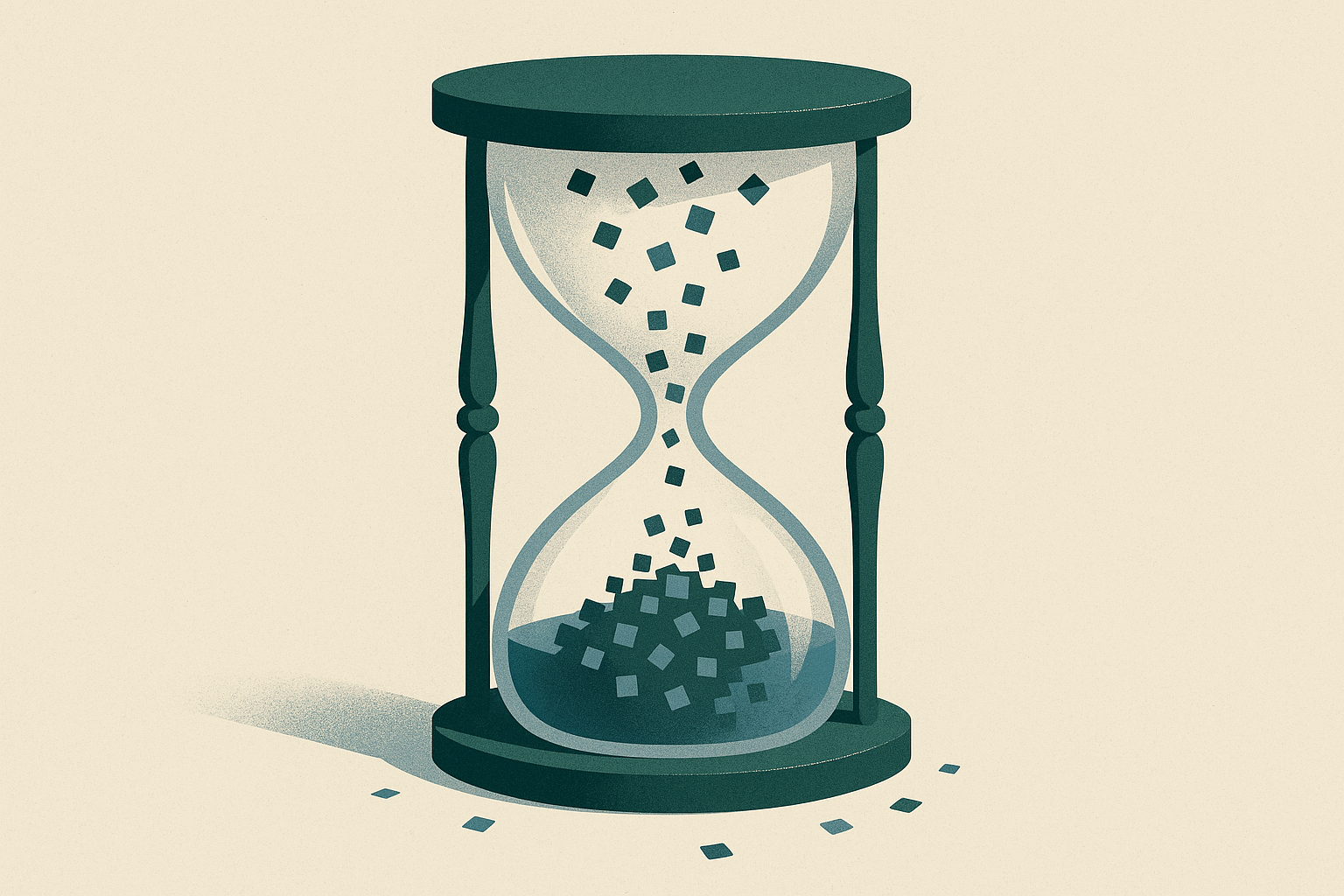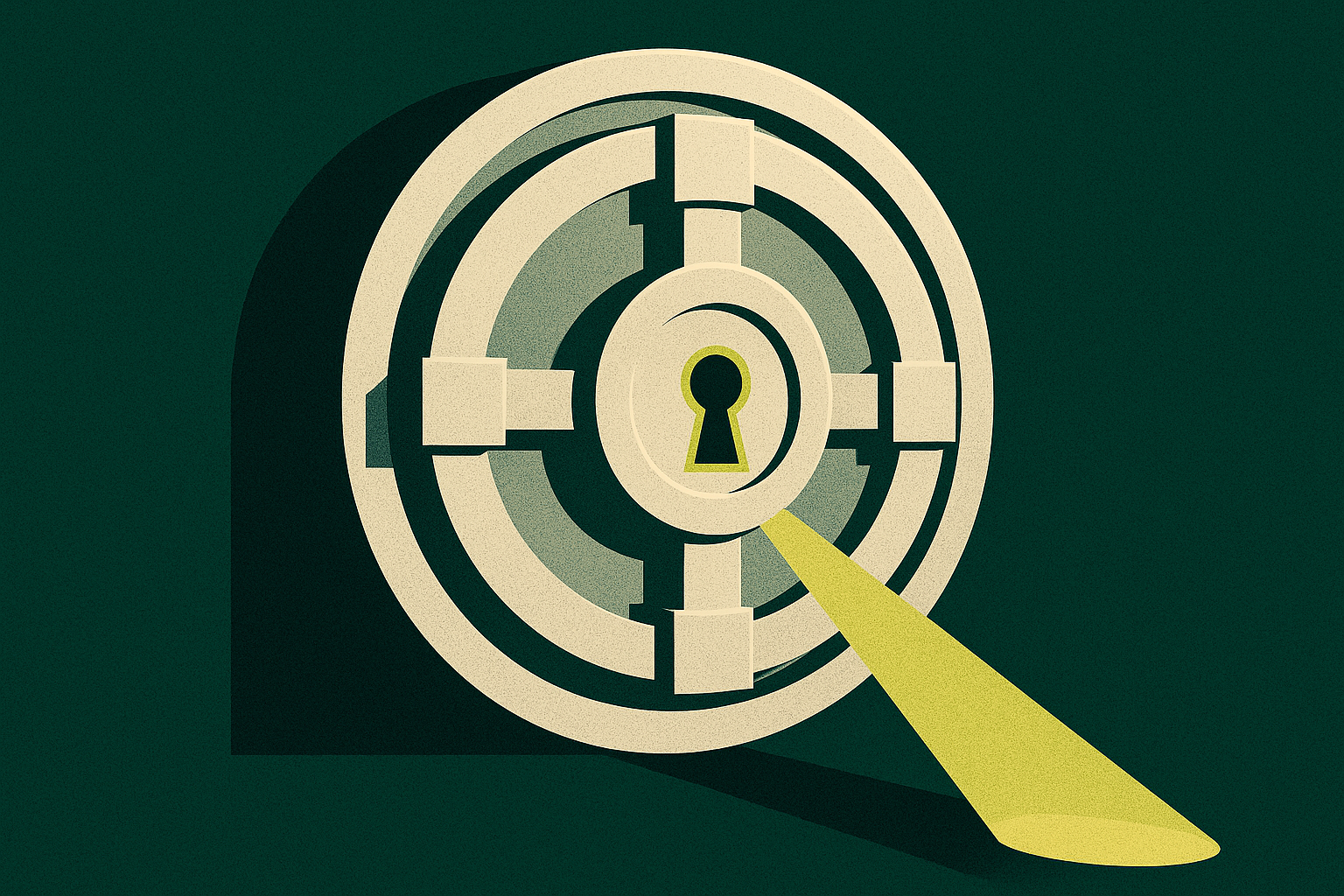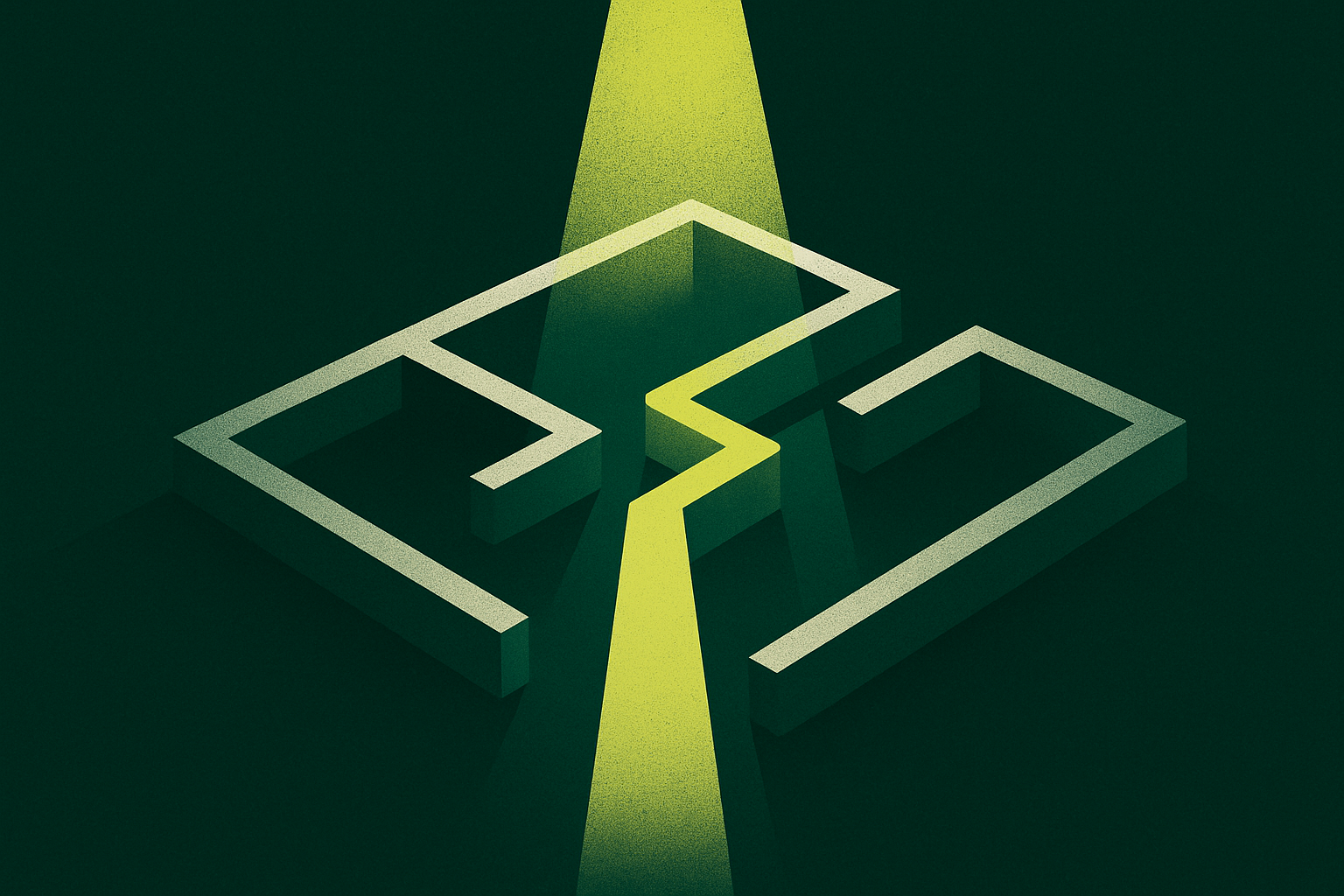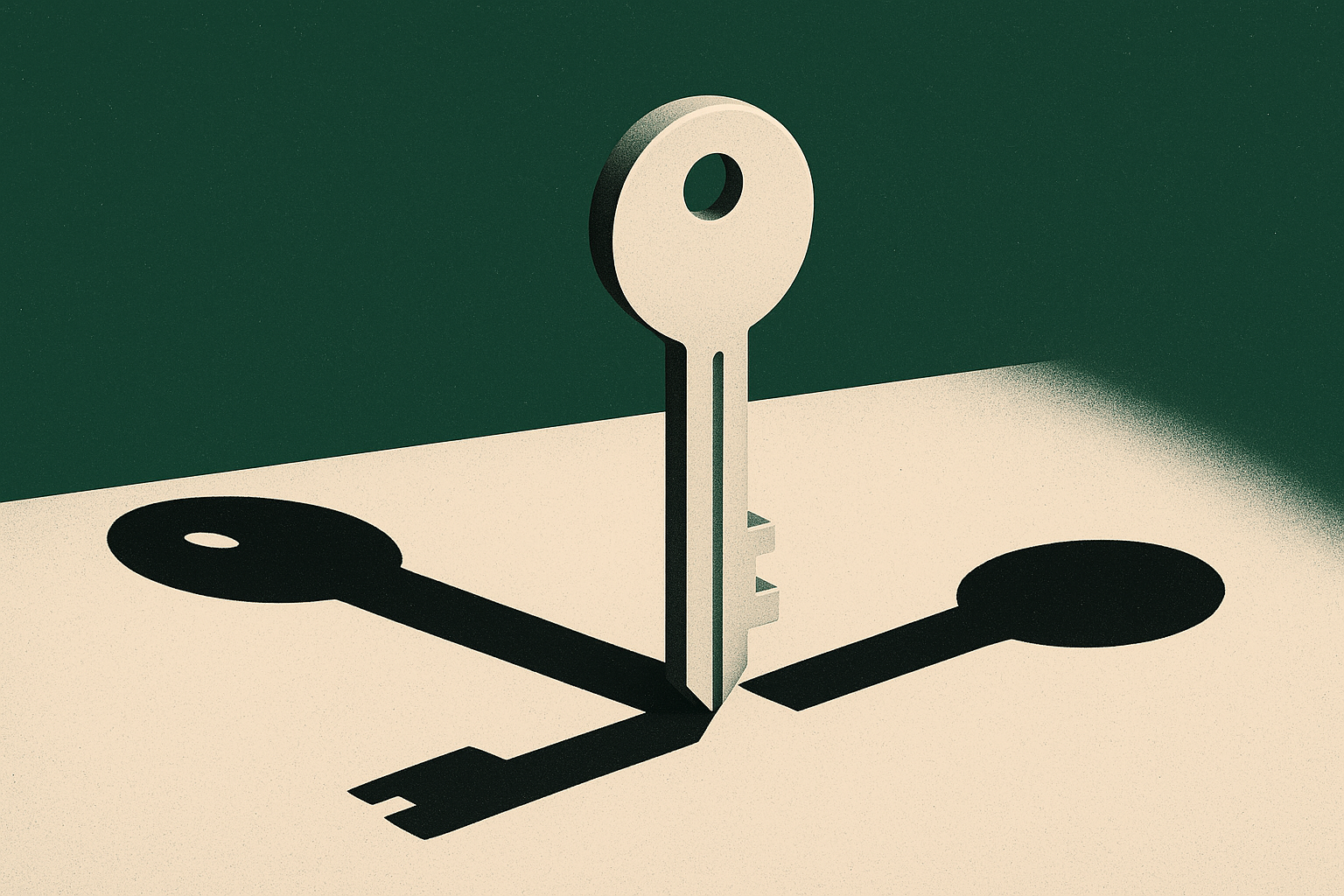
New AI SEO Report Details 6 GEO Trends for 2026
AI is changing the way people search online, and now brands must change too. A new report shows that when AI answers appear, fewer people click on website links, so companies need to make content that AI can use. Marketers are quickly updating their websites, focusing on short, clear answers and strong author info. Success is measured not just by clicks, but by how often AI tools use the content. Businesses that adapt now will show up in AI answers and stay visible as search keeps changing.
